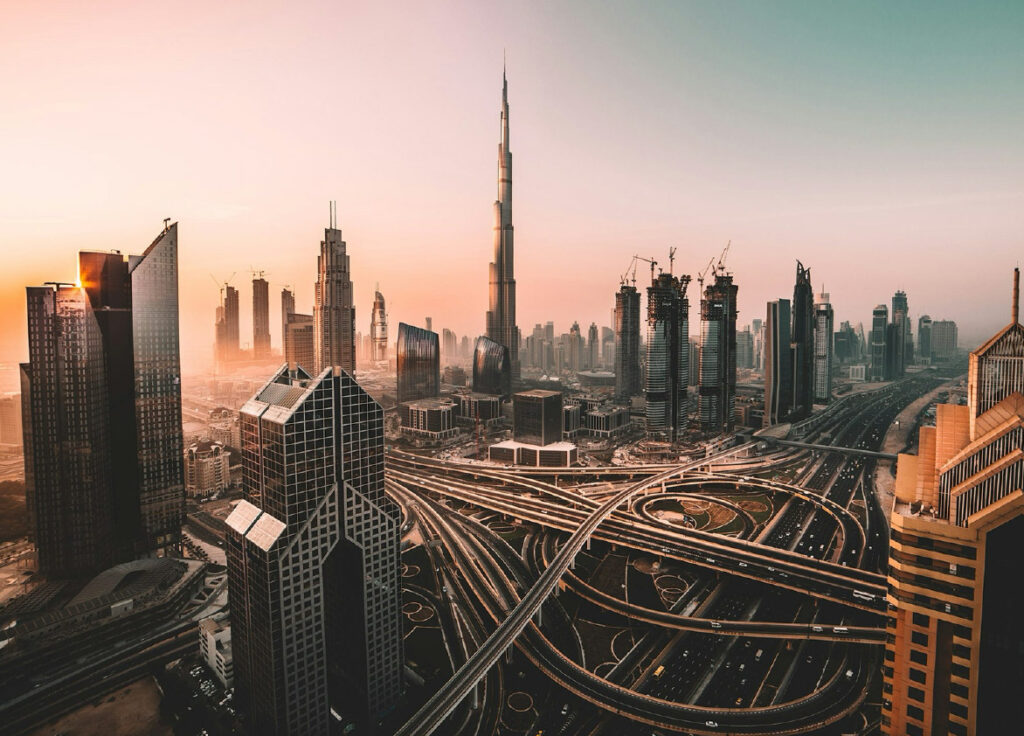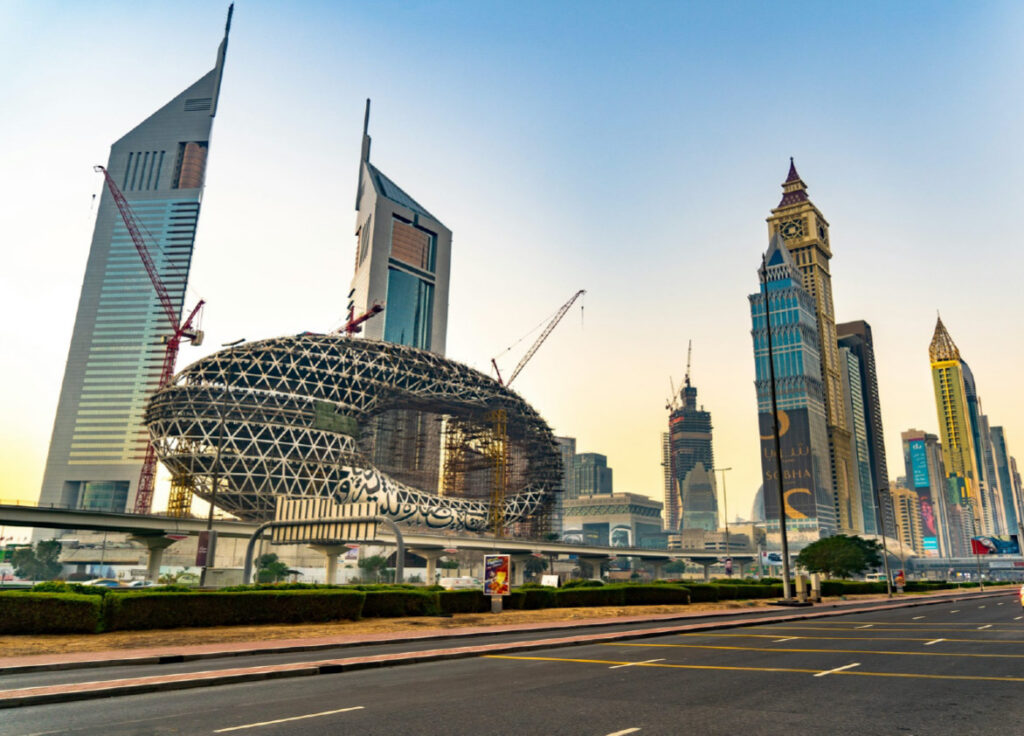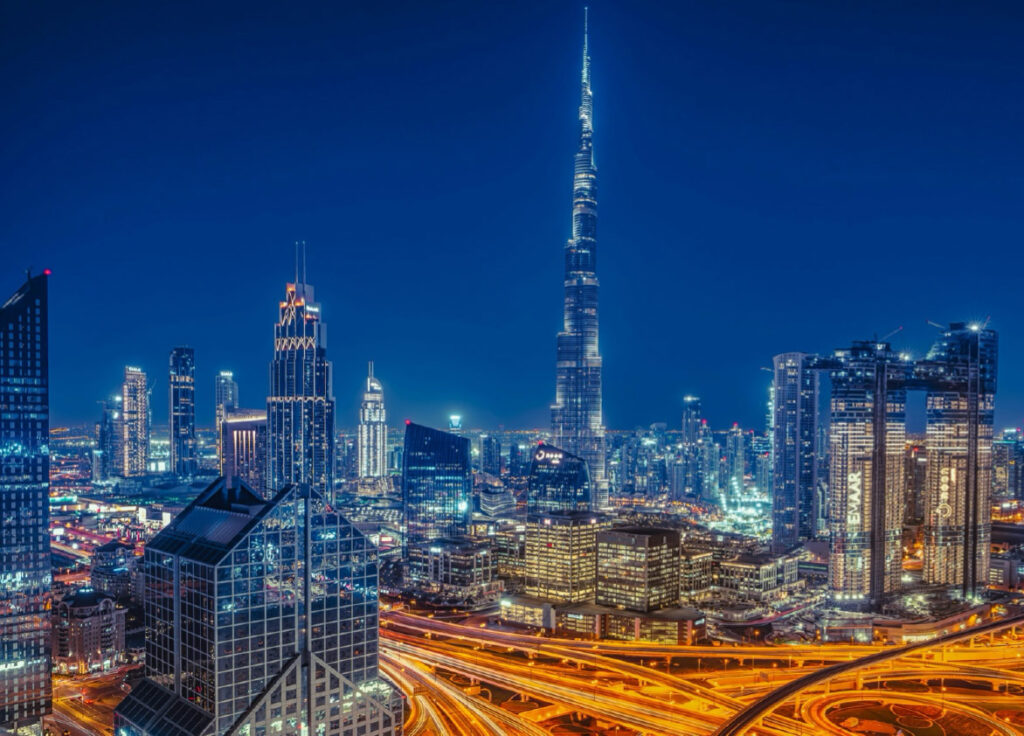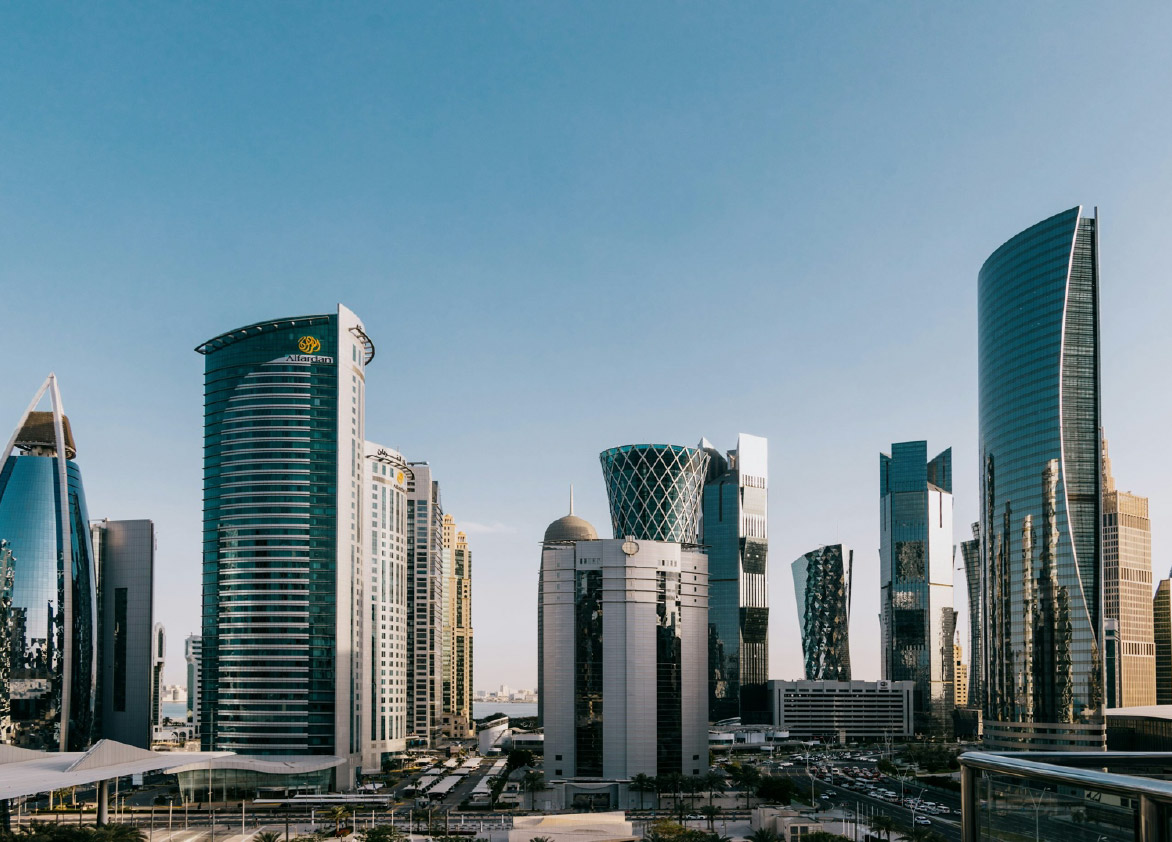Introduction
Dubai’s real estate market has consistently been a magnet for investors worldwide. The city’s dynamic economic growth, strategic location, investor-friendly policies, and ambitious infrastructure projects make it one of the most attractive real estate hubs globally. Even amidst shifting global economic landscapes and market uncertainties, Dubai continues to outshine many international cities as a top destination for property investment. This comprehensive guide explores the key factors that make Dubai a premier choice for real estate investors looking for growth, security, and long-term returns.
Strategic Location: The Gateway Between Continents
Dubai’s geographical location places it at the crossroads of Asia, Europe, and Africa, serving as a natural global logistics and business hub. The city acts as a key gateway for international trade and commerce, connecting over two billion consumers within a five-hour flight radius.
This strategic positioning directly supports demand for residential, commercial, and hospitality real estate, as businesses establish regional headquarters and expatriates seek homes close to global transit routes. Major international airlines operate from Dubai International Airport, the world’s busiest for international passenger traffic, further enhancing Dubai’s connectivity.
The city’s geographic advantage means that real estate investments in Dubai are inherently linked to global commerce flows, providing a stable foundation for property value appreciation.

Tax-Free Investment Environment: Maximizing Returns
One of the strongest incentives for foreign real estate investors is Dubai’s tax-free environment. Unlike many global markets where property transactions, capital gains, or rental incomes are taxed heavily, Dubai imposes no personal income tax on property transactions or rental income.
This tax advantage directly translates into higher net yields for investors, making Dubai a more lucrative market compared to cities where taxes reduce profitability. Furthermore, the absence of inheritance taxes and stamp duties in Dubai simplifies property succession and transfer.
Dubai’s tax-free status is a core reason many investors prefer the city, as it significantly improves cash flow and long-term investment returns.
Robust Economic Growth and Diversification
While Dubai originally grew as a trading and oil transit hub, it has successfully diversified its economy. Today, its economy is fueled by tourism, finance, logistics, technology, and manufacturing sectors. This diversification reduces dependence on volatile oil prices and creates a resilient economic base.
The government’s Dubai Vision 2040 roadmap outlines a clear plan to position Dubai as a leading global city with sustainable growth across multiple sectors. Large-scale projects like the Dubai Expo 2020 legacy developments, Dubai South, and Dubai Creek Harbour aim to create new economic opportunities and raise real estate demand.
Economic stability backed by visionary planning gives investors confidence that Dubai’s real estate market will remain robust and attractive over the long term.

World-Class Infrastructure and Landmark Developments
Dubai is synonymous with iconic skyscrapers, luxury developments, and advanced infrastructure. The city’s commitment to world-class urban planning is evident in projects like:
- Burj Khalifa: The tallest building in the world.
- Dubai Metro: One of the most advanced driverless metro systems globally.
- Dubai Expo 2020 Site: A futuristic development transforming into a new urban district.
- Dubai Creek Harbour: A mega waterfront community featuring smart city technologies.
- Dubai International Financial Centre (DIFC): A financial free zone supporting global business.
These projects significantly enhance the city’s real estate appeal by improving accessibility, lifestyle quality, and international prestige, which in turn drives property value appreciation.
Investor-Friendly Legal Framework and Residency Incentives
Dubai has developed a robust legal framework that supports foreign investment and protects property owners. The establishment of freehold zones allows foreigners to purchase, lease, and sell property with full ownership rights.
The Real Estate Regulatory Agency (RERA) ensures transparency, fairness, and dispute resolution in the real estate sector, which has helped build investor confidence globally.
Additionally, Dubai offers residency visas linked to property investments—commonly referred to as the Golden Visa program. Investors purchasing properties above certain thresholds can apply for long-term residency, making Dubai attractive not just for financial returns but also as a lifestyle destination.
Competitive Rental Yields and Capital Appreciation
Dubai offers some of the most competitive rental yields worldwide, typically ranging between 6% to 8% annually, compared to lower yields in cities like London or New York. This is driven by strong rental demand from expatriates, tourists, and professionals relocating to Dubai.
Combined with capital appreciation—fueled by ongoing infrastructure developments and population growth—Dubai’s real estate market provides dual benefits for investors looking for regular income and long-term wealth creation.

Diverse Property Options Catering to Every Investor
The Dubai real estate market is incredibly diverse, offering a wide range of property types that cater to different investment strategies and budgets. Some popular options include:
- Luxury Villas and Townhouses in gated communities such as Emirates Hills, Palm Jumeirah, and Arabian Ranches.
- High-Rise Apartments and Condominiums in Downtown Dubai, Business Bay, and Dubai Marina.
- Off-Plan Properties with attractive payment plans in emerging areas like Dubai South and Dubai Creek Harbour.
- Commercial Properties and Offices within free zones and business districts.
- Hotel Apartments and Serviced Residences that benefit from Dubai’s booming tourism sector.
| Property Type | Description | Ideal For | Investment Benefits |
| Luxury Villas & Townhouses | Spacious, high-end homes in gated communities like Emirates Hills and Palm Jumeirah. | Families, high-net-worth individuals seeking privacy and exclusivity. | Strong capital appreciation, premium rental income, lifestyle appeal. |
| High-Rise Apartments | Modern apartments in Dubai Marina, Downtown Dubai, Business Bay with amenities. | Young professionals, expatriates, small families. | High rental demand, good liquidity, access to urban lifestyle. |
| Off-Plan Properties | Properties under development with attractive payment plans and early-buyer discounts. | Investors looking for lower entry price and capital growth potential. | Potential for price appreciation, flexible payment terms, developer warranties. |
| Commercial Spaces | Offices, retail units, and warehouses in free zones and business districts. | Entrepreneurs, businesses, and investors diversifying portfolios. | Steady rental income, long lease terms, exposure to Dubai’s growing economy. |
| Hotel Apartments & Serviced Residences | Fully furnished properties catering to short-term renters and tourists. | Investors targeting tourism-driven rental income streams. | Higher rental yields, managed property services, strong tourist demand. |
This variety enables investors to diversify their portfolios and find assets aligned with their financial goals and risk tolerance.
Enhanced Transparency and Investor Protection
Dubai’s government continues to strengthen regulations to increase market transparency. The Real Estate Regulatory Agency (RERA) enforces strict guidelines regarding property registration, developer obligations, and escrow accounts to protect buyers.
Increased use of technology for property transactions, digital land registries, and dispute resolution platforms also enhance transparency and reduce fraud risks.
Such measures are key to reassuring international investors concerned about security and clarity when investing abroad.
Strong Tourism Industry Boosting Demand
Dubai welcomes over 15 million visitors annually (pre-pandemic numbers) and aims to increase this figure significantly through tourism diversification. The city is renowned for luxury hotels, shopping festivals, cultural attractions, and major events like Expo 2020.
This thriving tourism sector generates high demand for short-term rental properties, which provides lucrative opportunities for investors focusing on vacation rentals or serviced apartments.
The tourism boom also supports hospitality real estate developments and mixed-use projects, further expanding the market scope.
Dubai’s Smart City Vision and Sustainability Focus
Dubai is a pioneer in integrating smart technologies and sustainability into urban development. Initiatives include:
- Smart buildings with IoT integration for energy efficiency.
- Sustainable communities emphasizing green spaces and renewable energy.
- Digital services for residents enhancing convenience and safety.
- Plans for carbon neutrality by 2050.
Investing in properties aligned with these trends is increasingly attractive as buyers and tenants prioritize sustainability and technological integration, ensuring future-proof asset values.
Challenges and How Dubai Addresses Them
Despite its advantages, Dubai’s real estate market presents challenges such as market fluctuations, regulatory changes, and competition from emerging markets.
The government actively mitigates these risks by enhancing market transparency, introducing investor-friendly reforms, and continuously improving infrastructure and urban planning.
Investors should conduct due diligence, work with reputable brokers, and consider long-term fundamentals when entering the Dubai property market.
Conclusion
Dubai’s unique combination of strategic location, tax advantages, economic diversification, investor protections, and visionary urban development keeps it at the forefront of global real estate investment destinations.
For investors seeking strong rental yields, capital growth, lifestyle benefits, and a transparent market, Dubai offers unmatched opportunities today and in the future.
Whether you are a first-time buyer or a seasoned investor, Dubai’s real estate market provides a compelling proposition backed by robust fundamentals and forward-looking growth strategies.
Frequently Asked Questions (FAQs)
Q1: Can foreigners buy property in Dubai?
Yes, foreigners can purchase freehold properties in designated areas with full ownership rights.
Q2: What are typical rental yields in Dubai?
Rental yields in Dubai generally range from 6% to 8%, which is higher than many major global cities.
Q3: Does buying property in Dubai grant residency?
Property investors meeting minimum investment thresholds can apply for long-term residency visas such as the Golden Visa.
Q4: Is Dubai’s real estate market safe for investment?
Dubai has strong legal protections, transparent regulations, and government oversight ensuring investor safety.
Q5: What types of properties offer the best investment returns in Dubai?
Luxury villas, off-plan developments with payment plans, and commercial properties in key locations tend to offer strong returns.
References
Dubai Electricity and Water Authority (DEWA) – Clean Energy Strategy 2050
